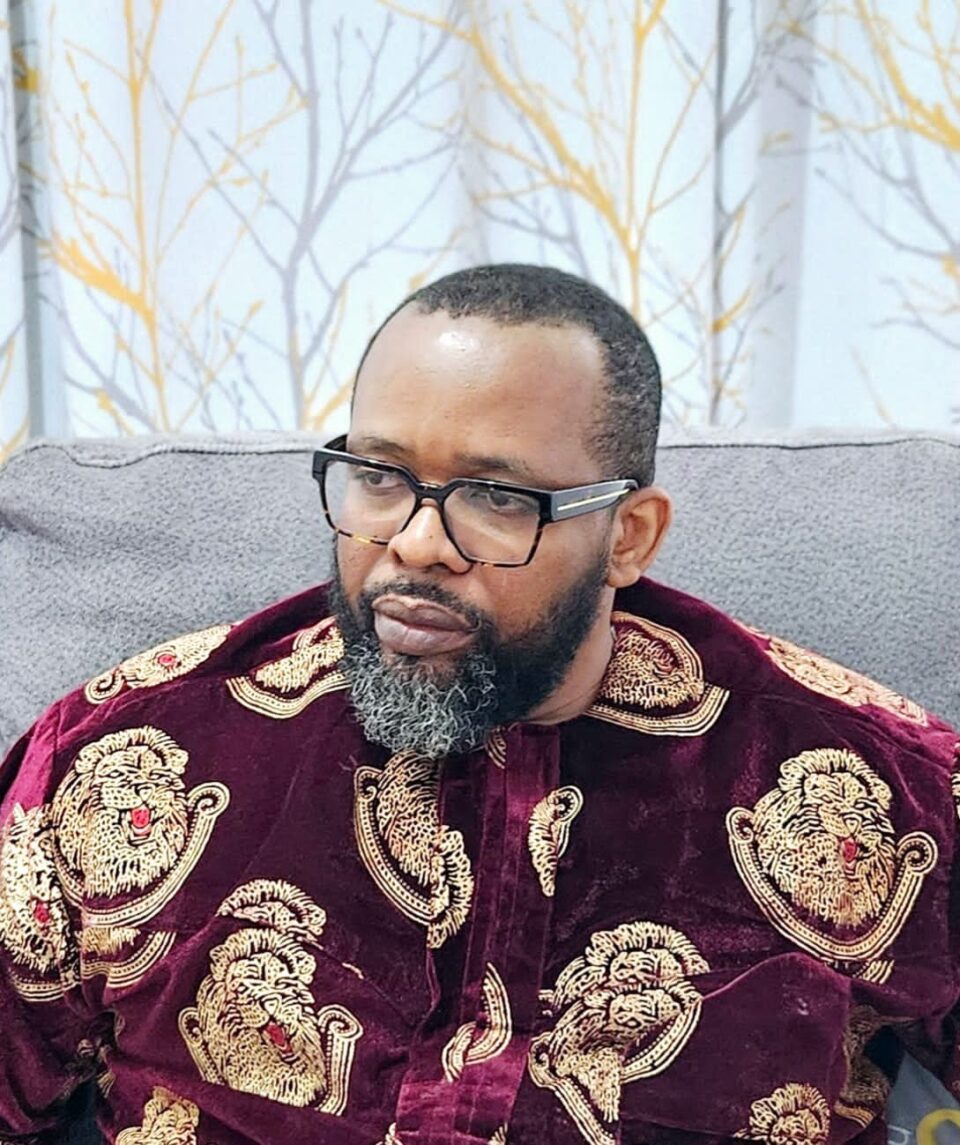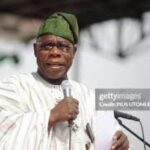From Everest Ezihe, Owerri
The Igbo people of the South-East region of Nigeria have allegedly endured systemic oppression, marginalization, and state-sponsored violence under the guise of preserving Nigeria’s territorial integrity.
Uche Mefor the Convenor of the Igbo-Biafra Nationalists and the Indigenous People of Igbo Nation for Self-determination disclosed this noting that in light of these persistent injustices, the call for a free and impartial plebiscite under the auspices of the United Nations (UN) is both a moral and legal necessity.
“This demand aims to ensure that the Igbo people can democratically determine their political future, whether as part of Nigeria or as an independent nation.
“Nigeria’s Misuse of the Principle of Territorial Integrity Nigeria consistently hides under the principle of non-violation of territorial integrity and non interference to justify gross human rights violations and suppress the Igbo people’s legitimate aspirations for self-determination.
“However, international law, while recognizing territorial integrity, does not condone its use as a pretext for:
“Crimes against humanity such as extrajudicial killings, forced disappearances, and systemic persecution of ethnic groups.
Ethnic cleansing and marginalization, as witnessed in the South-East region.
As Uche Mefor, the convenor of the Igbo-Biafra Nationalists and the Indigenous People of Igbo Nation for Self-Determination, aptly questions: For how long will Nigeria continue to exploit territorial integrity to perpetuate monumental human rights violations against the Igbo people?” he insisted.
He pointed out that hypocrisy in Nigeria’s Application of Territorial Integrity.
Nigeria’s insistence on territorial inviolability is contradicted by its own actions:
Bakassi Peninsula Secession to Cameroon
Nigeria willingly ceded the Bakassi Peninsula to Cameroon following the International Court of Justice (ICJ) ruling in 2002 and subsequent agreements under the Green Tree Accord of 2006. This demonstrates that Nigeria’s sovereignty is not absolute and can be altered in response to legal and diplomatic processes.
Autonomy Granted to Northern Nigeria via Sharia Law
Northern Nigeria’s adoption of the Sharia legal code represents a de facto secession within the Nigerian state. This development underscores the selective application of autonomy and self-determination, which is denied to the South-East despite its historical, cultural, and economic distinctiveness.
These precedents invalidate Nigeria’s claims of inviolable territorial integrity, particularly when the Igbo people seek similar autonomy or self-determination.
Systemic Suppression of Igbo Self-Determination
The Nigerian government has systematically blocked avenues for meaningful dialogue and peaceful resolution of the South-East region’s grievances:
Political and economic marginalization: The Igbo people are underrepresented in key national leadership positions and face deliberate economic exclusion.
Military aggression: Nigeria’s excessive use of force in the South-East has resulted in mass atrocities, including the targeting of Igbo youths under the guise of counterinsurgency.
Denial of internal self-determination: Unlike the autonomy granted to the North through Sharia law, the South-East’s demands for restructuring or regional self-rule have been dismissed.
This intransigence leaves the Igbo people with no option but remedial secession, validated through a UN-supervised plebiscite.
The Igbo Case for Self-Determination Under International Law.
The right to self-determination is enshrined in international law, including:
The UN Charter (Article 1): Recognizes the right of peoples to self-determination.
The International Covenant on Civil and Political Rights (ICCPR): Affirms the right of all peoples to freely determine their political status.
The African Charter on Human and Peoples’ Rights (Article 20): Explicitly states that all peoples have the right to existence and self-determination.
Given Nigeria’s failure to uphold these principles, the Igbo people’s demand for self-determination aligns with established international norms.
Responsibility to Protect (R2P): An International Obligation.
The ongoing atrocities in the South-East necessitate the activation of the Responsibility to Protect (R2P) by the international community. R2P, adopted at the 2005 UN World Summit, obligates states and international actors to prevent:
Genocide,
War crimes,
Ethnic cleansing, and
Crimes against humanity.
Nigeria’s persistent violations against the Igbo people, including ethnic cleansing of Igbo youths and systematic repression, justify international intervention under R2P. The global community must act to protect the Igbo people from further harm.
The Demand for a UN-Supervised Plebiscite
A UN-supervised referendum is the most democratic and peaceful means of resolving the South-East crisis. Such a plebiscite would:
Ensure impartiality: The UN’s involvement guarantees a transparent process free from Nigerian state interference.
Promote legitimacy: An internationally recognized referendum would lend credibility to the outcome, whether it results in independence or an alternative political arrangement.
Prevent further violence: A peaceful and democratic resolution reduces the risk of prolonged conflict.
Meeting the Montevideo Criteria for Statehood
The South-East region and the Igbo territories satisfy the requirements of the Montevideo Convention (1933) for statehood:
Permanent Population: The Igbo people form a cohesive and distinct cultural, linguistic, and ethnic group with a rich history.
Defined Territory: The South-East region is geographically and historically delineated as the Igbo homeland.
Functioning Government: The region has demonstrated its capacity for governance through its administrative systems and leadership structures.
Capacity for Relations with Other States: The Igbo people possess the economic, intellectual, and social resources to engage with the international community effectively. These criteria affirm the readiness of the South-East region for statehood if chosen through a plebiscite.
Call for Justice and Peace
The Igbo people’s demand for a free and impartial plebiscite is not an act of rebellion but a legitimate pursuit of justice, human rights, and self-determination. By facilitating this process, the United Nations can:
Uphold its commitment to global peace and justice. Protect the Igbo people from further human rights violations.
Provide a model for resolving similar conflicts worldwide. The time has come for the international community to act decisively. The South-East region’s future must be determined through the democratic will of its people, not the oppressive actions of the Nigerian state. A UN-supervised referendum is the pathway to peace, justice, and freedom for the Igbo people. The world must listen.
Uche Mefor is the Convenor of the Igbo-Biafra Nationalists and the Indigenous People of Igbo Nation for Self-determination



